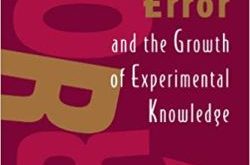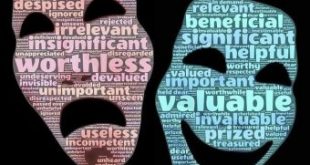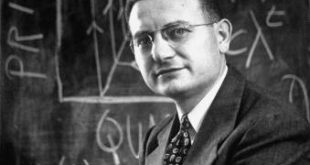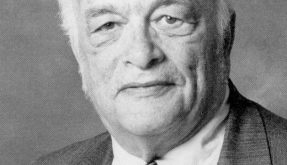Bayesian ‘old evidence’ problems Why is the subjective Bayesian supposed to have an old evidence problem? The allegation … goes like this: If probability is a measure of degree of belief, then if an agent already knows that e has occurred, the agent must assign P(e) the value 1. Hence P(e|H) is assigned a value of 1. But this means no Bayesian support accrues from e. For if P(e) = P(e|H) = 1, then P(H|e) = P(H). The Bayesian condition for support is not met...
Read More »Den tysta majoriteten gör rent hus
Den tysta majoriteten gör rent hus [embedded content] Till alla kvinnliga studenter som under årens lopp fått stå ut med att professorn kallat dem för Marie-Fifi …
Read More »But once, we were here
But once, we were here [embedded content] In loving memory of my brother, Peter ‘Uncas’ Pålsson.
Read More »Agni Parthene
[embedded content]
Read More »Stoppa skolsegregationen
Förra veckan presenterade SVT en uppmärksammad kartläggning över den svenska skolsegregationenen. Resultatet var nedslående. I kommun efter kommun kunde man visa på hur segregationen ökat i svensk skola. Den segregation som det ‘fria’ skolvalet och kommunaliseringen av skolan gett upphov till är i sig illa nog, men följderna vi kan se i samhället av att elever med samma etnisk-socio-ekonomiska bakgrund koncentreras till vissa skolor är ännu mer förödande. Skolresultaten...
Read More »Gibbs sampling (student stuff)
Gibbs sampling (student stuff) [embedded content]
Read More »En dag ringde Indira Gandhi
En dag ringde Indira Gandhi [embedded content]
Read More »Paul Samuelson — an economist in ‘the business of dishonesty’
I think there is an element of truth in the view that the superstition that the budget must be balanced at all times [is necessary]. Once it is debunked, [it] takes away one of the bulwarks that every society must have against expenditure out of control. There must be discipline in the allocation of resources or you will have anarchistic chaos and inefficiency. And one of the functions of old fashioned religion was to scare people by sometimes what might be regarded as myths...
Read More »MMT for beginners
[embedded content]
Read More »Fallacies of financial fundamentalism
Fallacies of financial fundamentalism Fallacy 2Urging or providing incentives for individuals to try to save more is said to stimulate investment and economic growth. Again, actually the exact reverse is true. In a money economy, for most individuals a decision to try to save more means a decision to spend less; less spending by a saver means less income and less saving for the vendors and producers, and aggregate saving is not increased, but diminished as...
Read More » Lars P. Syll
Lars P. Syll




